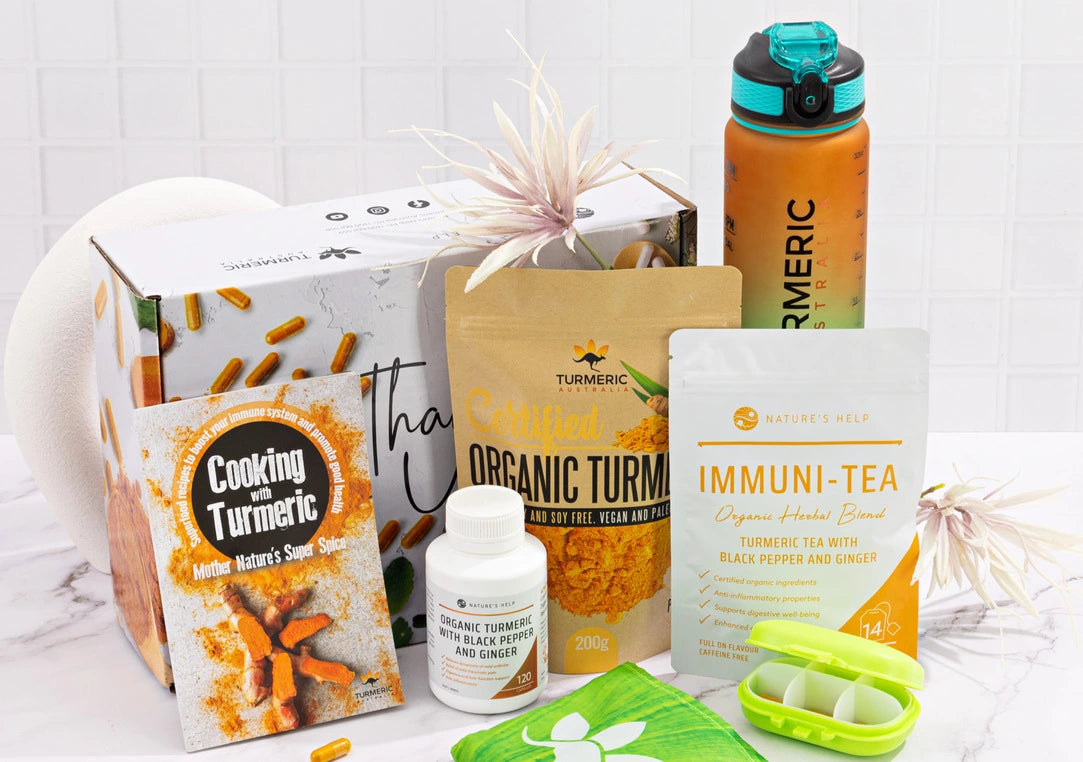Lets Talk About IBS
Irritable bowel syndrome (IBS) affects 1 in 5 Australians and is twice as common in females than males. IBS is characterized by abdominal pain, bloating, abnormal contractions in the bowel, chronic inflammation of the bowel, constipation or diarrhea, or an alternation of both. These symptoms can be embarrassing, inconvenient and distressing. The exact cause of IBS is unknown; however, many believe that it can be triggered by infection, stress, food intolerance or medicines.
Treating IBS can be difficult, many people turn to anti-diarrhoeal medicines, painkillers, constipation treatments or antispasmodics (to ease cramping). Although these treatments may work for a small minority of IBS suffers, the majority find that these types of medication can in fact irritate the bowel further, while decreasing one symptom, they may increase another.

Researchers noted in a study published in the British Journal of Pharmacology, that several alternative therapies do seem to be effective at relieving symptoms.
Probiotics
These live bacteria—found in supplements or in fermented foods like yogurt and kefir— aid in maintaining a healthy balance of bacteria within the gut. Is has been suggested that a healthy gut can greatly reduce flare-ups of IBS in many people.
Fibre
Getting more fibre, either through food or supplements, does seem to improve some cases of IBS. Different types of fibre—including psyllium, wheat bran, and calcium polycarbophil— have had promising results in studies. Foods high in fibre—such as beans, fruits, vegetables, and whole grains—are typically low-calorie and full of vitamins and other nutrients and can easily be added into your daily diet.
Peppermint oil
Of all the herbal remedies, peppermint oil seemed to have the most promising results in clinic trials. Peppermint oil is thought to be a natural anti-spasmodic, and it seems to be beneficial specifically for those who do have a lot of pain due to IBS.
Digestive enzymes
These supplements may not be overly common; however, studies have shown that they can be extremely helpful in reducing symptoms of IBS. Our bodies naturally produce digestive enzymes however, if we don’t have enough of a certain type of enzyme, the food that enzyme is programmed to breakdown isn’t, causing an irritation within the digestive system.
Stress-reduction strategies
While stress relief may not come in a bottle, it’s one of the most important natural remedies to consider when dealing with IBS. Sometimes stress worsens symptoms and sometimes symptoms worsen stress. You can’t always modify your stressors, but you can modify your response to that stress.

Natural Anti-Inflammatories
There are many foods that have shown to have anti-inflammatory properties which may help reduce symptoms of IBS. With the rise in natural remedies, alternative therapies and eating for health diets, it is no surprise that more studies are being conducted on these foods.
The below foods have shown to possess high levels of anti-inflammatory properties;
- Tomatoes
- Olive Oil
- Fruit – Strawberries, Blueberries, Oranges
- Nuts – Almonds, Walnut
- Leafy Greens – Spinach, Kale
- Fatty Fish – Salmon, Tuna, Sardines
- Whole Grains – Brown Rice, Quinoa
- Herbs & Spices – Turmeric, Cinnamon, Cloves

